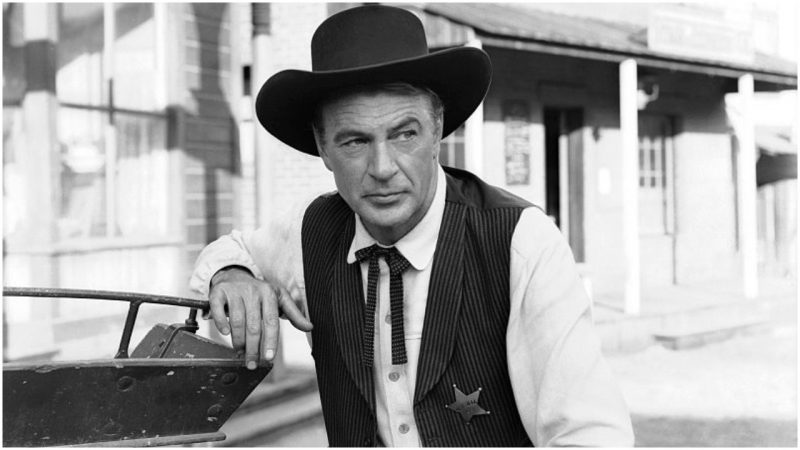High Noon is set for a remake. The enduring tale of a man doing what he’s got to do, no matter what the cost, is being brought to audiences nearly 70 years after its debut.
Gary Cooper and Grace Kelly starred in the 1952 version, which followed Marshal Will Kane’s efforts to protect his terrified town against an approaching enemy.
The movie famously features numerous shots of clocks to emphasize the tension and “real-time” feel of the drama.
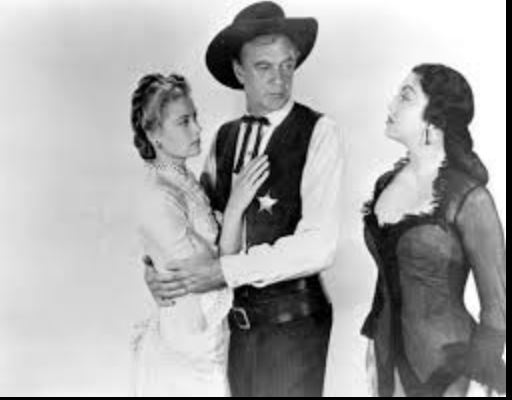
The film is also known for its theme song, “High Noon/Forsake Me Not, My Darling” performed by Tex Ritter. Whether the track will appear in the remake is unclear.
Other iconic stars included Lee Van Cleef, appearing in his first picture. He was offered another role initially but turned it down, supposedly due to a producer’s request that he have surgery on his intimidating nose!
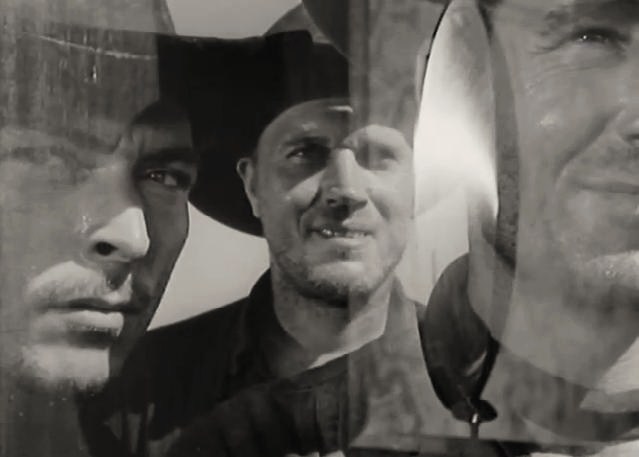
It was produced by Stanley Kramer (The Wild One) and directed by Fred Zinnemann (A Man For All Seasons).
Karen Kramer – Stanley Kramer’s widow – will be executive producer of the new High Noon, with David L. Hunt and Thomas Olaimey of Classical Entertainment directing and producing respectively.
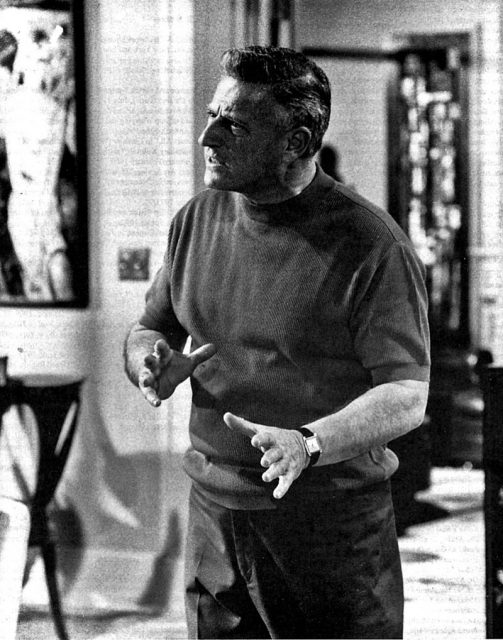
Kramer sees the story as relevant to today’s times. As reported for Deadline, she comments it’s “about a man who stood for justice, when standing for justice was most difficult… Its theme… comes at a time when such a message is needed more than ever.”
It’ll be interesting to see how the new take plays out for today’s times. The 1950s production was caught up in the Communist blacklistings happening in Hollywood then.
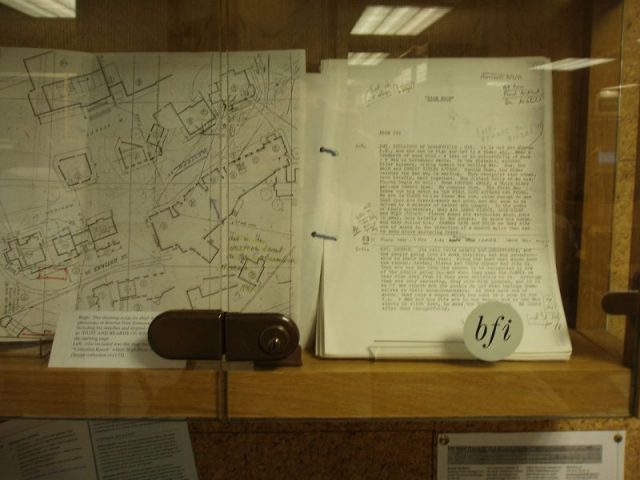
Some saw High Noon as an attack on Senator Joseph McCarthy of the House of Un-American Activities Committee (HUAC), whereas others drew parallels between McCarthy and the embattled Kane. Zinnemann played down these angles, saying the human aspect was what caught his attention.
Screenwriter and former Communist Carl Foreman (The Bridge on the River Kwai) fell foul of the HUAC when he refused to name names. This led to a falling out between him and Stanley Kramer. It was claimed Kramer had Communist sympathies but he denied this.
One star who was approached found the subject matter not to his liking, putting it mildly. John Wayne had been thought of as the perfect Will Kane, but High Noon was not his idea of the perfect Western.
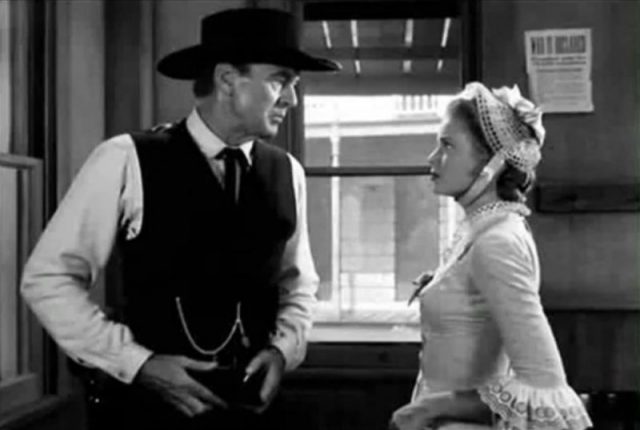
His reasons were obvious. A Mental Floss piece from 2015 says the movie “has very little action, a hero who’s admittedly afraid, and townspeople too chicken to defend themselves.”
As a champion of McCarthy’s anti-Red crusade, Wayne found it politically beyond the pale. Not only did he and director Howard Hawks make the more assertive Rio Bravo (1959) as a response to High Noon, he also attacked the filmmakers.
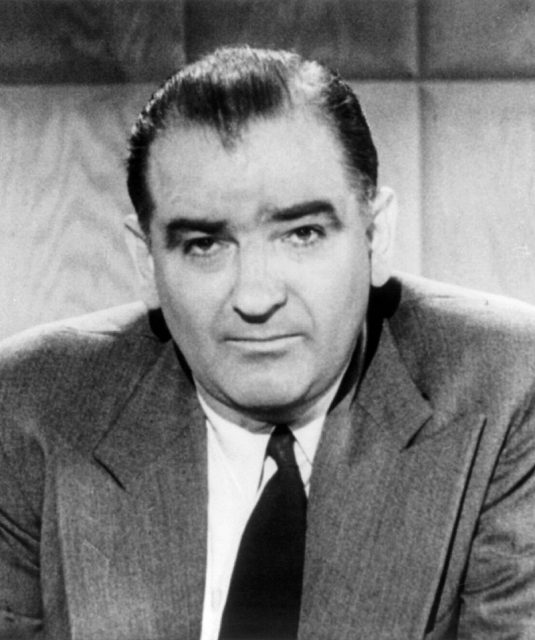
In a recent Den of Geek article referencing Glenn Frankel’s book High Noon: The Hollywood Blacklist and the Making of an American Classic, it’s mentioned that “While he could show more sympathy for former communists than many of his contemporaries… he had no mercy for anyone like Foreman who attempted to stand alone against an annihilating force. He resented the Will Kanes of Hollywood and he took a special, personal aim at derailing Carl Foreman’s career.”
What appeared to make Wayne especially angry was Carl Foreman’s attempts to form a new production company with Wayne’s pal and High Noon star Gary Cooper. Cooper was more nuanced about the witch hunts than some.
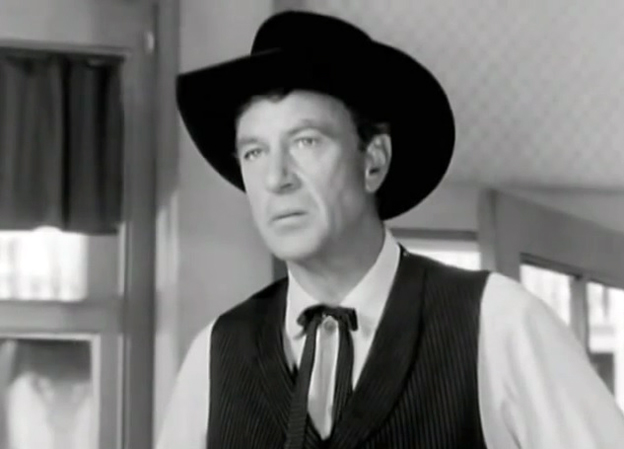
Together with other cheerleaders for McCarthy, such as gossip columnist Hedda Hopper, Wayne applied pressure to Cooper, who backed out of the deal.
Foreman spoke to Wayne face to face, which didn’t go well. As written in the article, “When Foreman said maybe he’d just find work in Europe, Wayne responded by asking what makes him think he’ll be able to leave the country? Foreman took that as a threat, and by all appearances, even in his old age, Wayne probably wouldn’t have minded the inference.”
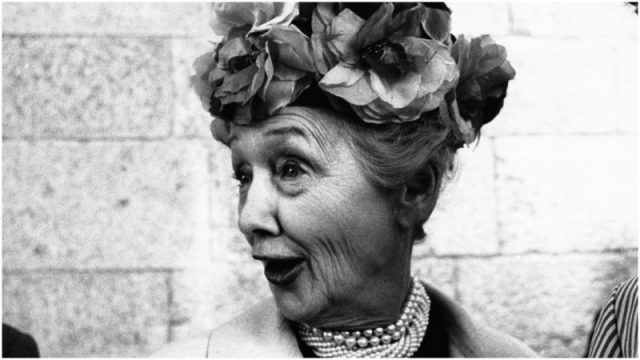
Following this storm of controversy, there was a bizarre footnote. High Noon went on to win four Oscars, including one for Gary Cooper as Best Actor. Collecting the award on his behalf was one John Wayne.
The movie was remade for TV in 2000, with Tom Skerritt as Kane and Karen Kramer producing. However, a small screen sequel titled The Return of Will Kane was broadcast in 1980 starring Lee Majors.
https://www.youtube.com/watch?v=qZil728hUy0
High Noon also has an unusual connection with sci-fi. It’s referenced in the popular sitcom Red Dwarf (in the episode Queeg) and the 1981 Sean Connery space thriller Outland is said to be a loose reworking of the plot. This too has a remake in development.
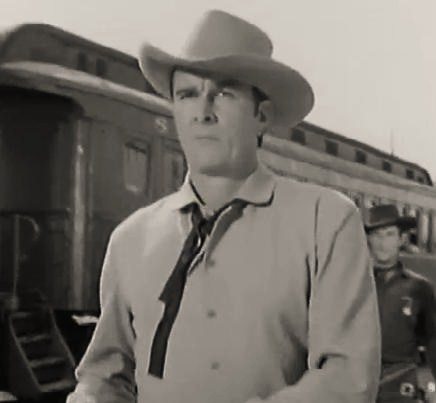
Above all, the film is seen as an essential part of American life. It was selected for preservation by the Library of Congress (as was Rio Bravo) in 1989, and was a favorite of former Presidents.
Read another story from us: Mel Gibson to Remake Controversial 1969 Western ‘The Wild Bunch’
A 2003 Guardian piece writes, “The story of Gary Cooper’s sheriff confronting criminals when no one else will back him presumably has easily-imagined effects on presidential egos.”
